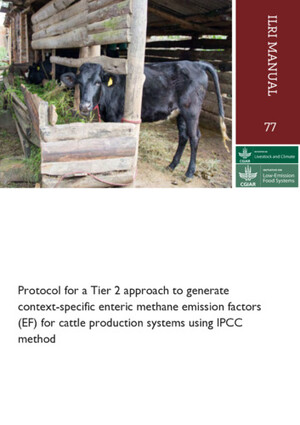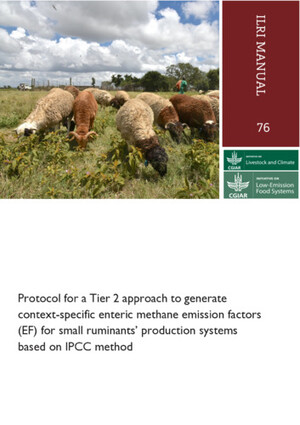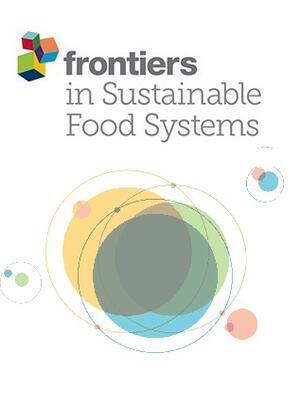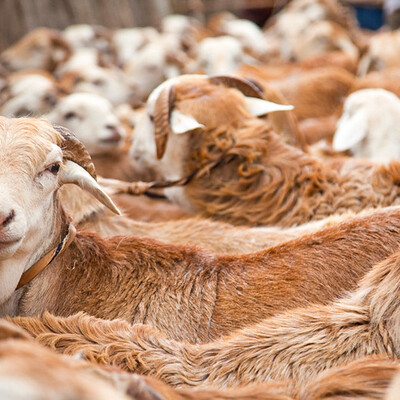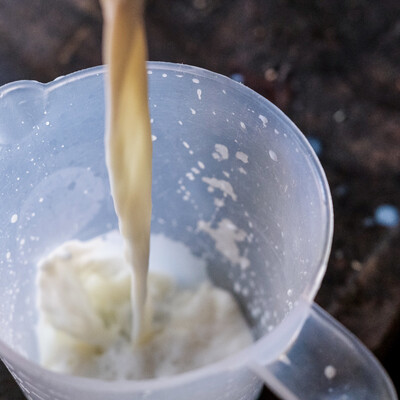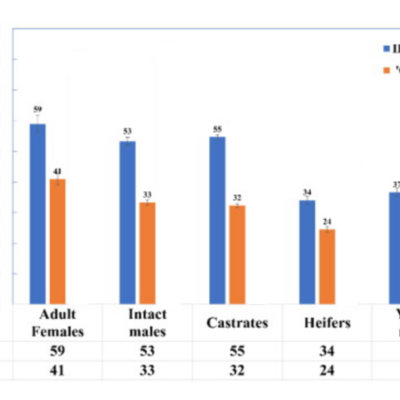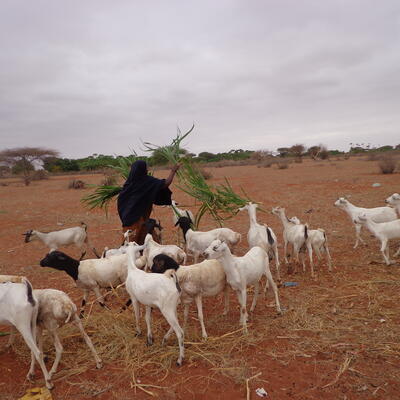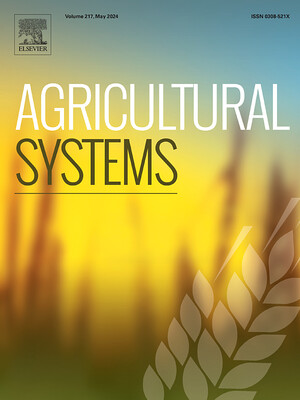Challenge
The global food system is critical for food and nutrition security and livelihoods, yet produces 21–37% of greenhouse gas emissions, and is responsible for 33% of agricultural soil degradation, 20% of aquifer overexploitation and 60% of biodiversity loss. To support climate adaptation and mitigation and ensure a more sustainable future, a systems transformation is now urgent.
Many current interventions tend to miss the mark, due to a lack of research, data or general understanding of food systems approaches. Better knowledge among decision-makers is needed to stimulate both policy momentum and investment in food systems solutions.
Objective
This Initiative aims to reduce greenhouse gas emissions in seven countries that are regional top-tier emitters for food systems, reducing annual global food systems emissions by 6.5% by 2030.

